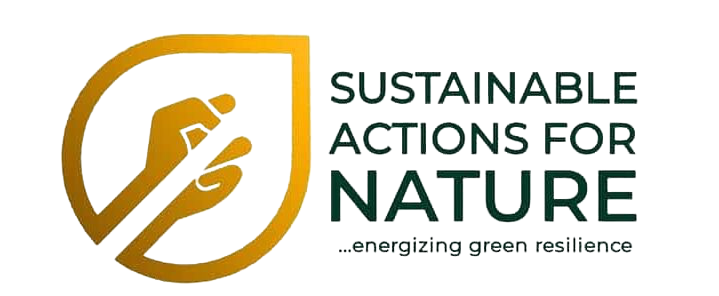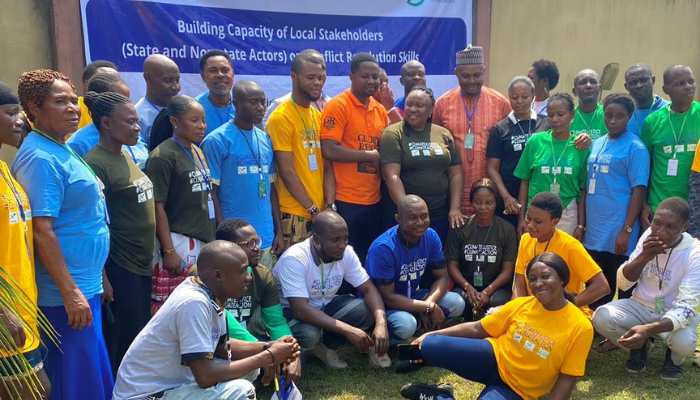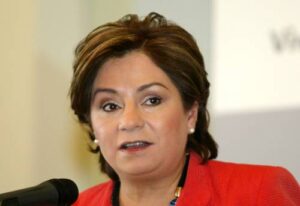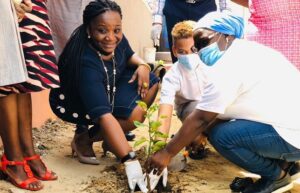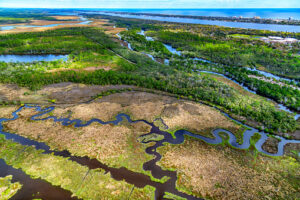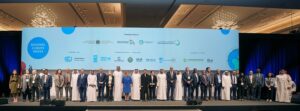The government has been advised to train community people on how to combat or live with the ever-deteriorating global climate change because the communities seem to suffer greater impacts.
This is as countries especially Nigeria set ambitious climate change reduction targets without clear evidence of steps to pursue the targets. Nigeria targets 20 percent unconditional and 47 percent conditional reduction targets by year 2030, barely six years from now.
Now, some groups have offered to start actions in the communities. In Rivers State, this action has been spearheaded by the Sustainable Actions for Nature (SAN) with the aim of empowering indigenous people on how to navigate or overcome environmental challenges and contribute to Nigeria’s climate commitments.
The group targets Ogoni areas of Rivers State where pollution, oil spill, gas flare, flooding, have ravaged communities. The $1bn UNEP Report recommended cleanup is ongoing in Ogoni local council areas but more spills are said to have caused more complications.
The training thus, commenced in the Ogoni areas last week, according to the an executive member of the Sustainable Actions for Nature (SAN).
The training and other activities are expected to empower indigenous communities, aligning with NDC priorities, focusing on climate resilience from the grassroots.
“By equipping locals to address oil pollution and climate injustices, we amplify Nigeria’s commitment, ensuring active community involvement in achieving national climate goals.
“Our initiative complements the government’s vision for a holistic, inclusive, and climate-resilient society where all stakeholders should be held accountable.”
The expectation, according Clinton Dandison, is for the trainees to keep enlightening others and in the event of any incident, know how to negotiate with the oil companies and government instead of becoming violent
He said they would begin to take conscious actions to adapt or mitigate to the impacts of climate change in the environment. By this, the communities would above all learn to live with and combat adverse effects of climate change in their areas. They would become change-agents in the communities to defend the climate and help in teaching others to protect the environment and reduce climate change havocs.
They saw empowering local communities as a sustainable step towards climate justice. In the landmark initiative, local communities in Ogoni areas underwent a transformative training programme on Conflict Resolution Skills for Climate Justice (CRSCJ).
In doing so, according to the director of technical programme, Uzoma Clinton Dandison, the NGO would be bridging the gaps for climate justice in action.
Participants from Bodo, B. Dere, K. Dere, and Bomu communities were seen engaging in intensive training sessions on understanding climate justice, communication skills, conflict resolution fundamentals, and negotiation strategies. The programme emphasized the critical role of communities in monitoring, reporting, and advocating for sustainable practices.
Reports said the training was in line with Nigeria’s 2021 Nationally Determined Contribution (NDC) on climate change. The just held Conflict Resolution Skills for Climate Justice training in Ogoni thus stood as a pivotal initiative aligning with the nation’s climate action commitment.
Dandison explained to newsmen that a panel discussion featuring local voices, experts, and environmental advocates was able to shed light on effective strategies for environmental advocacy, government, and industry accountability, building resilience in Indigenous communities, and inclusive decision-making processes. He said the engaging dialogue emphasized the interconnectedness of climate justice and conflict resolution.
In moving forward, SAN said it has placed a call to action, saying it is essential to understand that indigenous people, like those they just trained in Ogoni, were often the ones most affected by climate change. “They face challenges because of oil spills, constant changes in the weather, which impact their lives, health, and traditions.
“Imagine living in a place where the environment is changing a lot, making it harder to do everyday things. That’s what’s happening to indigenous people. We need to recognize that and understand how important their role is in making things better.”
SAN executives added: “Now, think of it like this: When we help and support indigenous communities, we’re not just making their lives better, we’re also learning from them. They have valuable knowledge about living in harmony with nature.
“By working together, we can create a world where everyone’s voice matters, especially those who are most affected by climate issues. Let’s join hands for a future where we all contribute to making the world fair and safe for everyone. By embracing sustainable practices, engaging in open dialogue, and actively participating in environmental conservation, we can contribute to a more resilient and harmonious future.”
Periodically, Dandison said, SAN would train the community people as after the introductory training to the basics of conflict resolution.
There would be conduct of ‘People’s Parliament’ summits so they can continue negotiating with the governments and IOCs to fulfill their corporate social responsibilities.
This must be why SAN appreciated the support from the resource persons and organisations that shared their expertise and insights during the training. “We also express sincere appreciation to the Nigeria Conservation Foundation (NCF) and Nigeria Climate Justice Alliance (NCJA) for their contributions, making this impactful initiative possible.
Sustainable Actions for Nature remains dedicated to promoting positive change, and with your support, we look forward to implementing more projects that empower communities and contribute to a sustainable and just world.”
-BusinessDay
